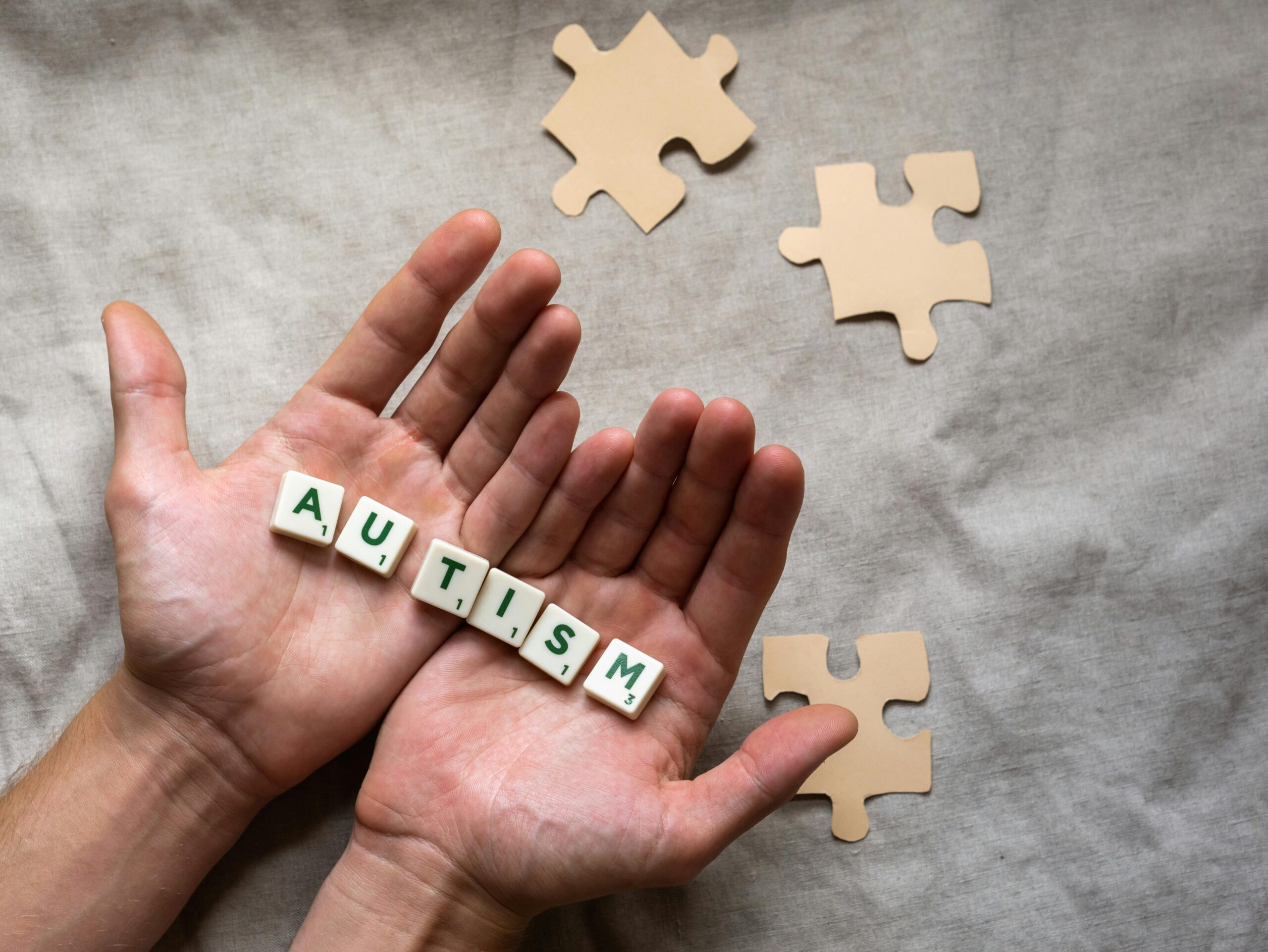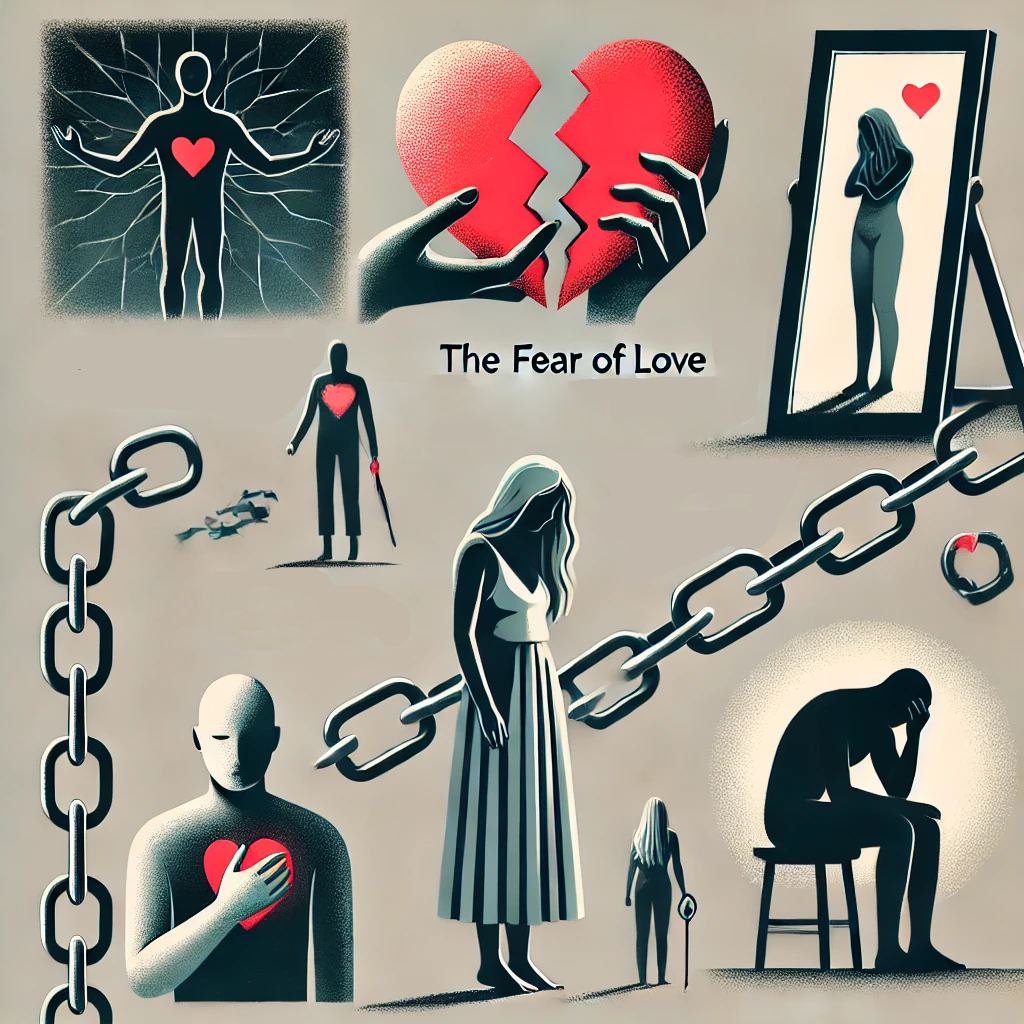What Are the Common Signs of ADHD in Adults?
Attention Deficit Hyperactivity Disorder (ADHD) is often associated with children, but many adults live with undiagnosed ADHD. Recognizing the signs of ADHD in adults is crucial for seeking the right diagnosis and treatment. This guide outlines the key symptoms and explains why a comprehensive evaluation is essential for effective management.
Early Signs of ADHD in Adults
While ADHD is frequently diagnosed in childhood, many adults discover their condition later in life. Early signs of ADHD in adults can often be overlooked or attributed to other causes. Some of the common signs of ADHD in adults include:
- Difficulty Paying Attention: Adults with ADHD often struggle with staying focused on tasks or conversations. They may find themselves easily distracted or frequently shifting from one task to another without completion.
- Inattentiveness: Symptoms of inattentiveness might include overlooking details, making careless mistakes, or having difficulty organizing tasks and activities.
- Hyperactivity and Impulsiveness: Although hyperactivity may decrease with age, adults with ADHD may still experience restlessness, fidgeting, and an inability to sit still. Impulsiveness can manifest as hasty decisions, interrupting others, or difficulty waiting for their turn.
- Problems with Task Completion: Adults with ADHD may start projects with enthusiasm but find it hard to follow through to completion. This can lead to unfinished work and feelings of frustration.
- Poor Time Management: Struggling with deadlines, procrastination, and an inability to estimate how long tasks will take are common among adults with ADHD.
Why Seek a Comprehensive ADHD Evaluation?
Recognizing the signs and symptoms of ADHD in adults is the first step, but obtaining an accurate diagnosis is critical. ADHD shares symptoms with other conditions, such as anxiety or sleep disorders, making self-diagnosis challenging and potentially misleading.
At SF Stress & Anxiety Center, we emphasize the importance of a comprehensive evaluation for ADHD. Here’s why:
- Accurate Diagnosis: A thorough assessment conducted by a licensed psychologist can differentiate ADHD from other conditions that present similar symptoms, ensuring you receive the correct diagnosis.
- Tailored Recommendations: A comprehensive evaluation provides a detailed understanding of your condition, leading to personalized treatment plans that are more likely to be effective.
- Confidence in Treatment: With a proper diagnosis, you can feel more confident in your treatment choices, whether they involve medication, therapy, or lifestyle changes.
- Support for Disability Accommodations: For those who need it, a formal diagnosis can also support applications for disability accommodations at work or in educational settings.
How SF Stress & Anxiety Center Can Help
If you recognize these signs of ADHD in yourself or someone you know, seeking professional help is a crucial next step. At SF Stress & Anxiety Center, we offer comprehensive ADHD testing for adults to help you get on the right path. Our licensed psychologists use a combination of interviews, questionnaires, and assessments to provide a clear diagnosis and a tailored set of recommendations.
Don’t let ADHD go undiagnosed. Schedule your free consultation with SF Stress & Anxiety Center today and take the first step towards taking control of your life.




